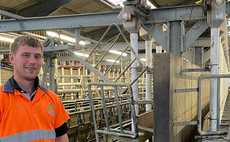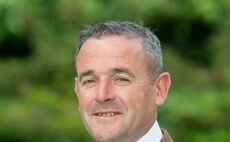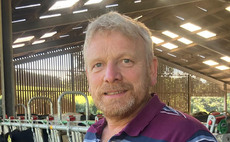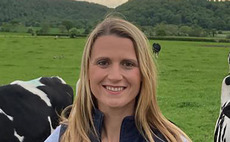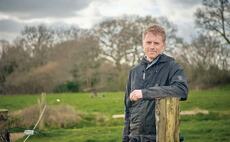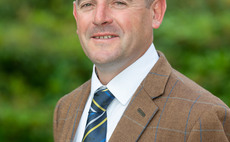dairy talk
Dairy
Ifan Roberts is a new entrant who has established a contract farming agreement milking 500 block calving cows in Cheshire
Dairy
Oh what a three months it's been; Inheritance Tax, BPS slashing, capital grants ‘paused', the removal of commercial vehicle status on double cab pick ups and let's not forget the Bovaer foray
Dairy
As I look back, 2024 was a year of lots of change for me, my business and farming in general in more ways than one
Dairy
We were lucky enough to have a relatively quiet and drama-free Christmas period on the farm, with some drier weather helping
Dairy
As with all farmers, the weather is one of our biggest influences on nearly everything we do
Dairy
As I write this at the beginning of November, we are currently in the midst of doing our maize in Cheshire.
Dairy
Another year, another calving block comes to an end, filled with a few surprises and challenges but mainly positive memories
Dairy
It has been a busy couple of months through our calving period, with 360 calvings in eight weeks
Dairy
As I flew home from my nine weeks of individual Nuffield travel in New Zealand, China, Chile and North America, studying the topic of ‘Inspiring the next generation of dairy entrepreneurs', I found myself asking: 'What have I learned?'
Dairy
I would like to start my first column by talking about what is going well, and what is not going so well, which is how we open things up at the robotics milking discussion group I am involved with

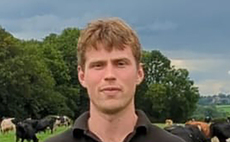
 29 March 2025
•
3 min read
29 March 2025
•
3 min read

